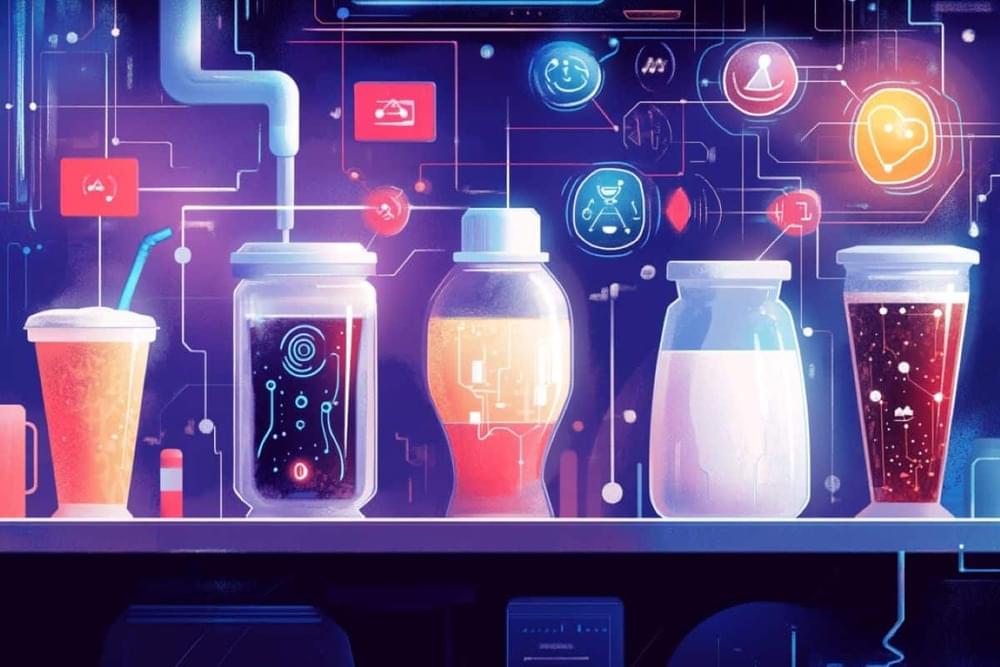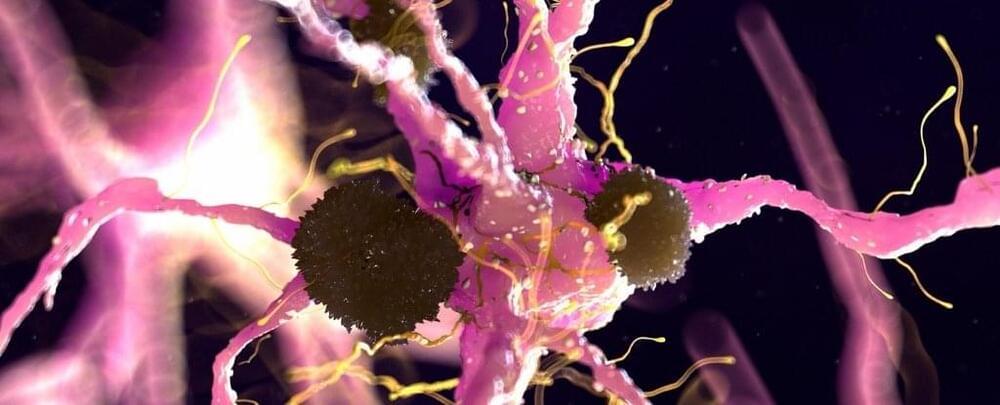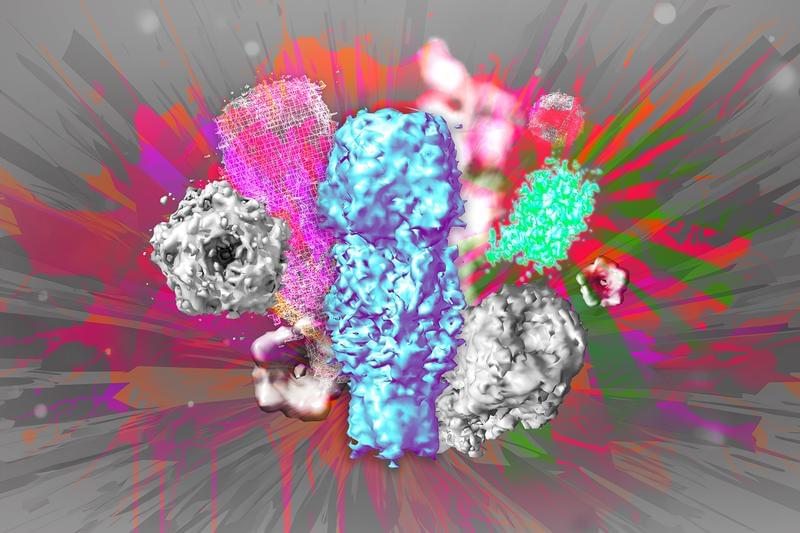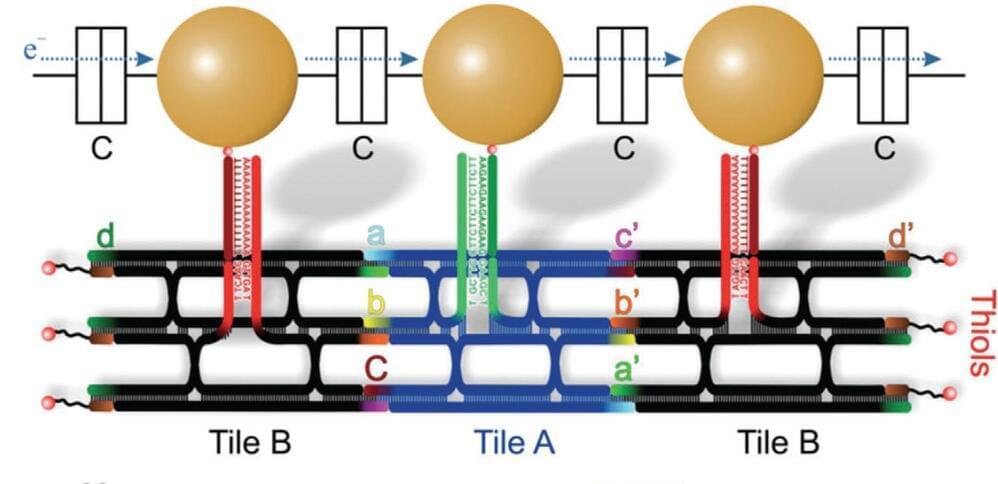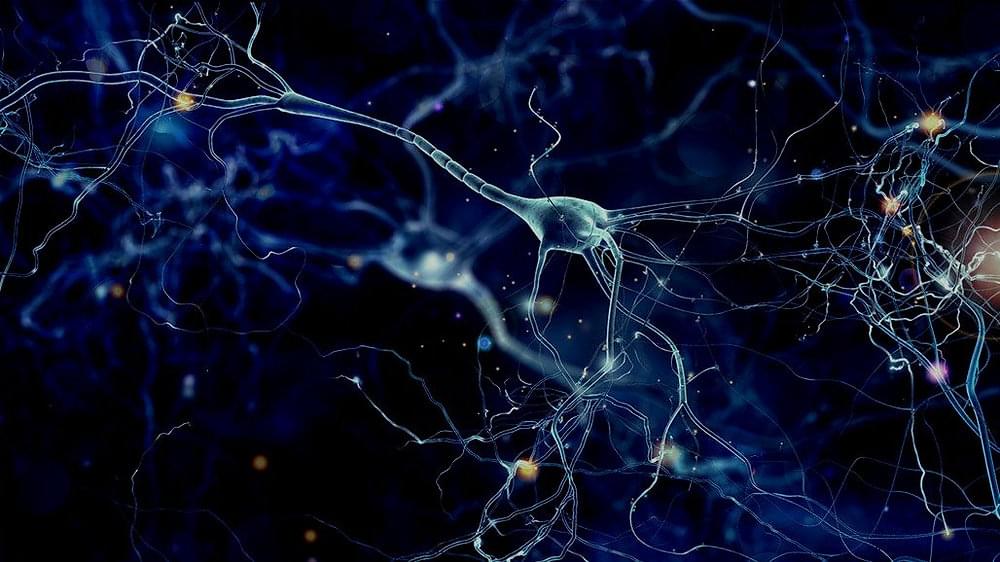Summary: A recent study reveals that specific brain cells respond not only to smells but also to images and written words related to those scents, providing deeper insight into human odor perception. Researchers found that neurons in the olfactory cortex and other brain regions, like the hippocampus and amygdala, distinguish between different smells and associate them with visual cues.
This research, using data from epilepsy patients, bridges a gap between animal and human studies on olfactory processing. Remarkably, individual neurons responded to scent, image, and word, suggesting that smell processing integrates visual and semantic information early on. These findings could lead to future innovations in “olfactory aids.” The study emphasizes the interconnected nature of smell and visual memory in the human brain.

